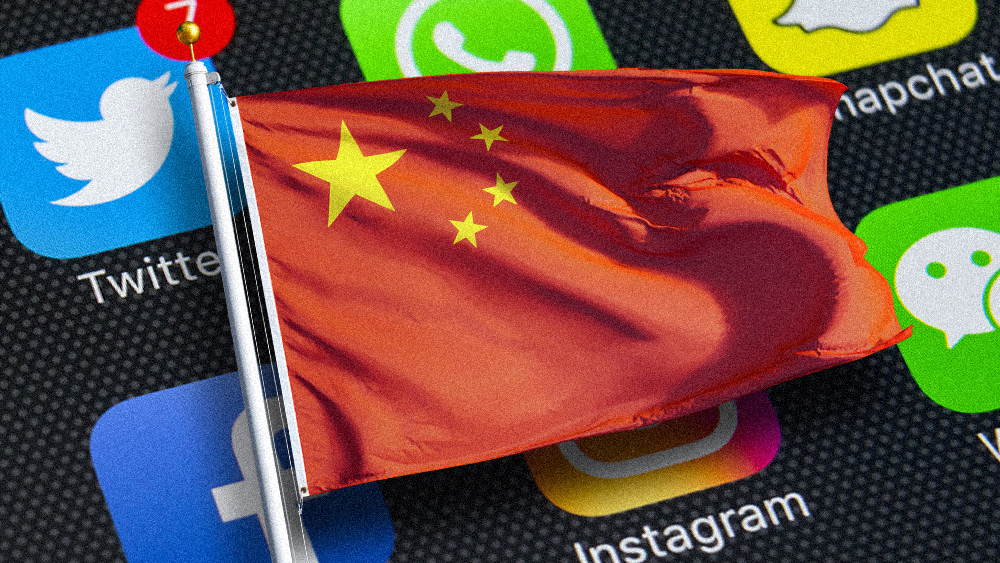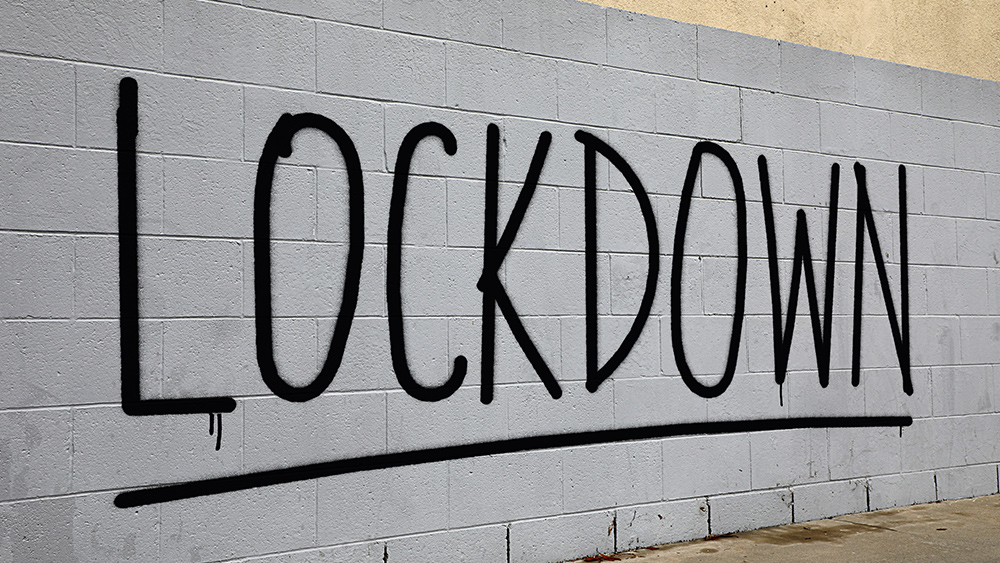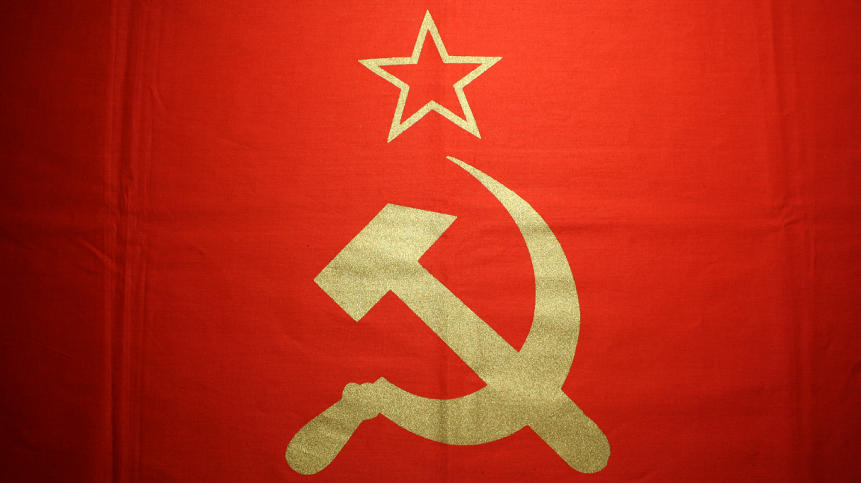Taiwan concerned about internet connectivity if China decides to launch an attack
04/20/2022 / By Mary Villareal

The Russia-Ukraine war is reviving concerns in Taiwan regarding the fragility of its internet connections.
Ukraine has used the internet heavily to rally resistance, counter Russia’s propaganda and gain international support – including appeals for weapons by Ukrainian President Volodymyr Zelensky. Despite Russian attacks on their internet infrastructure, the country has extensive internet connections within its land borders to remain online.
This is not the same for Taiwan – a self-ruled island that receives and sends about 95 percent of its data-and-voice traffic through cables that lie on the sea bed. Currently, there are around 14 cables, or bundles of fiber-optic lines, that are in operation in the nation, reaching land at four locations.
If these cables were to be cut at sea by submarines or divers, or if military strikes the lightly protected landing stations, most of the country will find themselves offline.
Kenny Huang, the chief executive of Taiwan Network Information Center, admitted that they are very vulnerable.
While there are no clear signs yet of China invading Taiwan, Beijing hasn’t completely ruled out the use of military force to take control of the island. “Their doctrine indicates that they would seek to achieve air, maritime and information superiority before attempting an assault on Taiwan,” said Ivan Kanapathy, who previously served as the National Security Council (NSC) deputy senior director for Asia and a U.S. military attaché in Taipei.
Kanapathy also said that in observing Ukraine’s highly effective use of media, Beijing may likely assume disconnecting Taiwan from the world would improve its chances of success in case of an invasion. (Related: Trump: China will DEFINITELY attack Taiwan following Russia-Ukraine example.)
The Chinese foreign ministry didn’t respond to a question about seabed cables but said that the tension in Taiwan Strait should not be exaggerated.
Internet vulnerability a real cause for concern in Taiwan
The deputy head of Taiwan’s National Communications Commission, Wong Po-Tsung, said that the government closely monitors internet connectivity and would be alerted within an hour in case of an outage. Landing stations are also protected by the police, coast guard and the military by law, and will fall into action when necessary.
To illustrate what happens during an internet vulnerability, an undersea volcanic eruption earlier this year severed the single cable connecting Tonga to the internet, creating a near-blackout of information about the extent of the damage to the Pacific archipelago for days.
Seabed cables are essential for the global economy, with one report estimating the contribution of such cables to be nearly $649 billion in the U.S. or about three percent of its gross domestic product.
The Asia-Pacific region has some of the highest concentrations of roughly 436 active seabed cables extending more than 800,000 miles around the world. These cables are usually privately owned by internet companies. However, they are also a security risk because they may be tapped into to intercept data.
Taiwan could still retain some connection to the internet via satellites even if all its sea cables were severed. But data capacity from satellite connections is a small fraction of seabed cables, and specialist terminals are necessary to receive the connection.
According to Huang, Taiwan is expected to construct new cables to provide more sources of internet connections, which will likely add one or two more landing stations in the next five years. (Related: Reuters: Biden censored Taiwan map at ‘digital authoritarianism’ panel on purpose.)
Follow CyberWar.news for more news related to the internet.
Watch the video below for more information about China’s intent on attacking Taiwan.
This video is from the Chinese taking down EVIL CCP channel on Brighteon.com.
More related stories:
Beijing using the coronavirus pandemic to expand internet surveillance apparatus.
Report: China HACKED networks of at least SIX state governments in 2021.
Sources include:
Submit a correction >>
Tagged Under:
big government, chaos, China, communications, computing, cyber war, glitch, internet, Internet Connection, internet vulnerability, national security, satellite, security risks, Taiwan, World War III
This article may contain statements that reflect the opinion of the author
RECENT NEWS & ARTICLES
COPYRIGHT © 2020 Communism.news
All content posted on this site is protected under Free Speech. Communism.news is not responsible for content written by contributing authors. The information on this site is provided for educational and entertainment purposes only. It is not intended as a substitute for professional advice of any kind. Communism.news assumes no responsibility for the use or misuse of this material. All trademarks, registered trademarks and service marks mentioned on this site are the property of their respective owners.




















